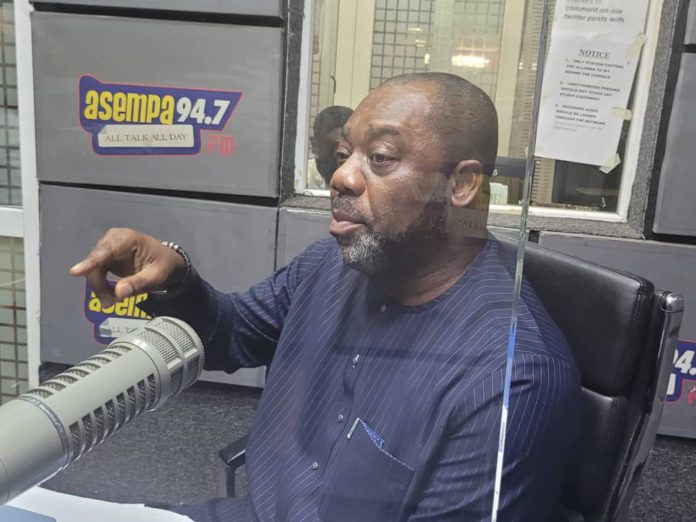The Minister of Energy, Dr Matthew Opoku Prempeh, has suggested a change in Ghana’s current tariff structure to boost industrialisation in the country.
He made the comment in a keynote address during Public Utilities Regulatory Commission (PURC)’s on-going stakeholders’ consultative engagements with the regulated public utilities, leading to the determination of a multi-year tariff.
The Minister noted that the end-user tariff for commercial and industrial sectors of the economy are relatively higher and punitive when compared to tariffs in other developing countries such as South Africa, South East Asia and La Cote D’Ivoire.
He indicated that at a sub-regional level, a comparison of electricity tariffs with neighbouring West African countries indicates that, the cost of power in Ghana remains relatively expensive, particularly for industry, which he said has adversely affected Ghana’s competitiveness given that cheaper power is a key determinant in attracting both domestic and Foreign Direct Investment (FDI) inflows and meeting the Sustainable Development Goals (SDG) 7 and 3, particularly considering Ghana’s position with the African Continental Free Trade Area (AfCFTA).
Dr Opoku-Prempeh charged the PURC to among other things; thoroughly scrutinise the expenditure of the utilities in order to minimise waste.
PURC was also tasked to come up with a band tariff classification, which will help to conserve energy, collapse the current tariff band and come up with a single tariff for each class of customers.
The Minister also appealed to PURC to consider giving a special tariff for primary and second cycle schools, churches, mosques, agriculture, and agriculture-processing industries in the country.

